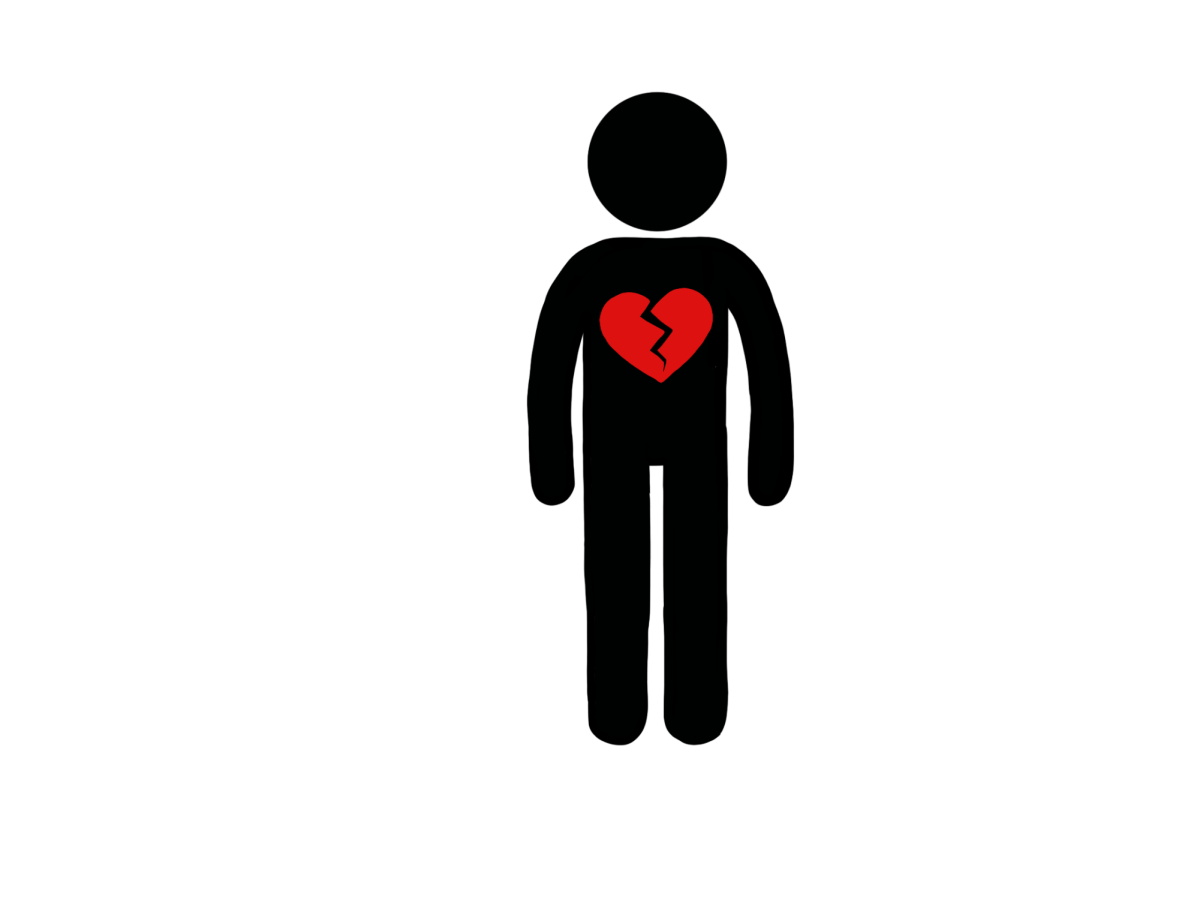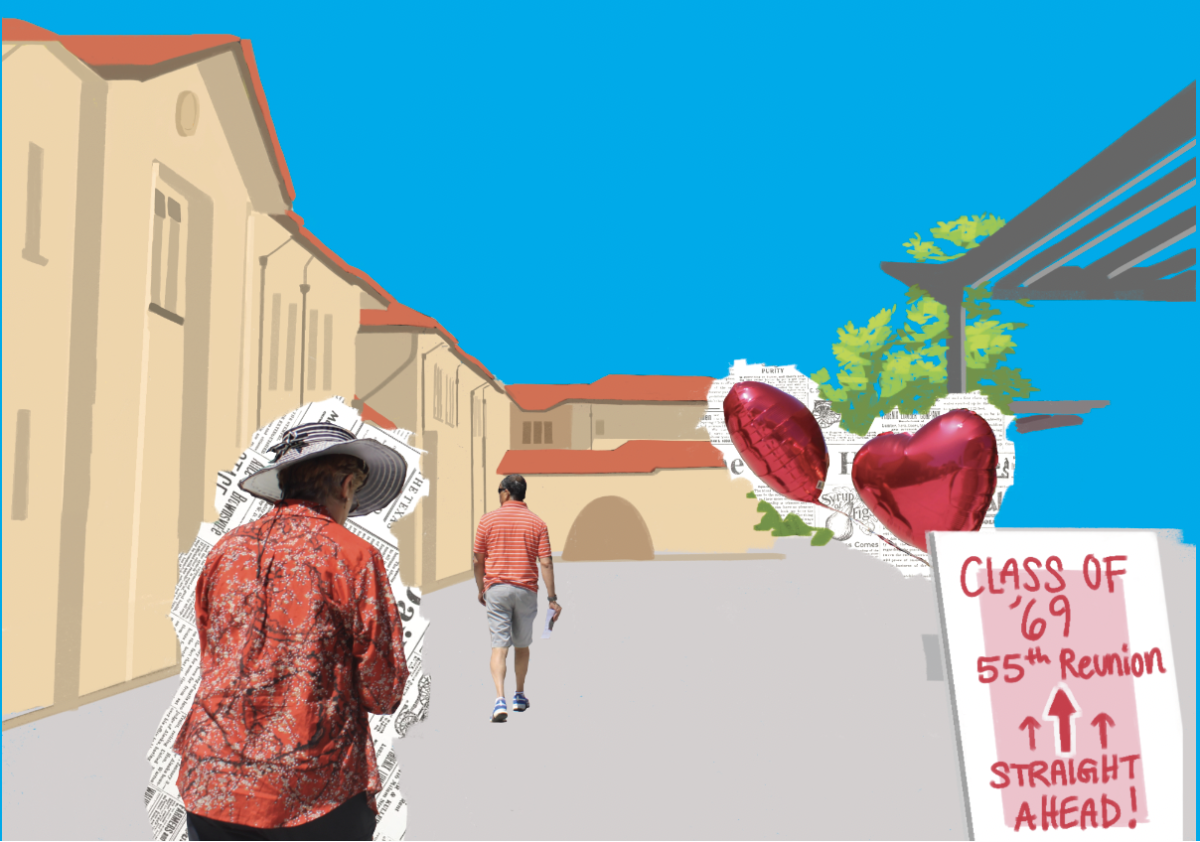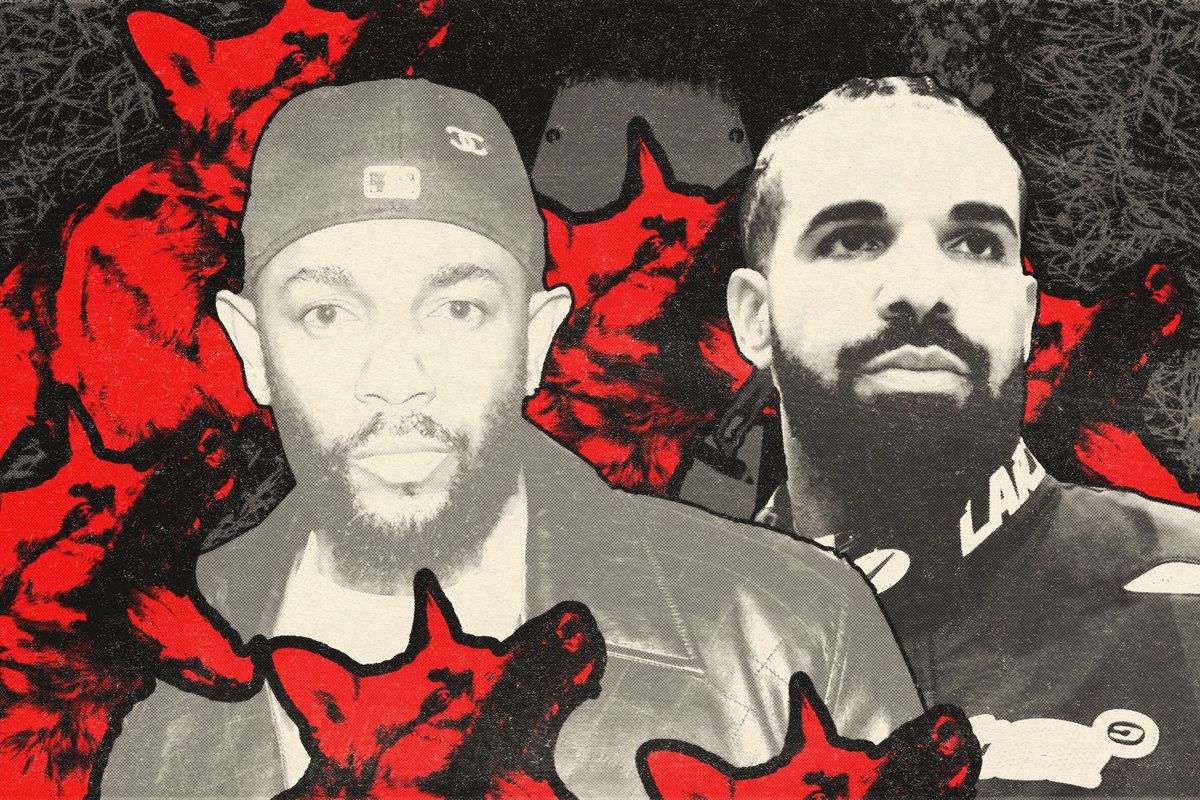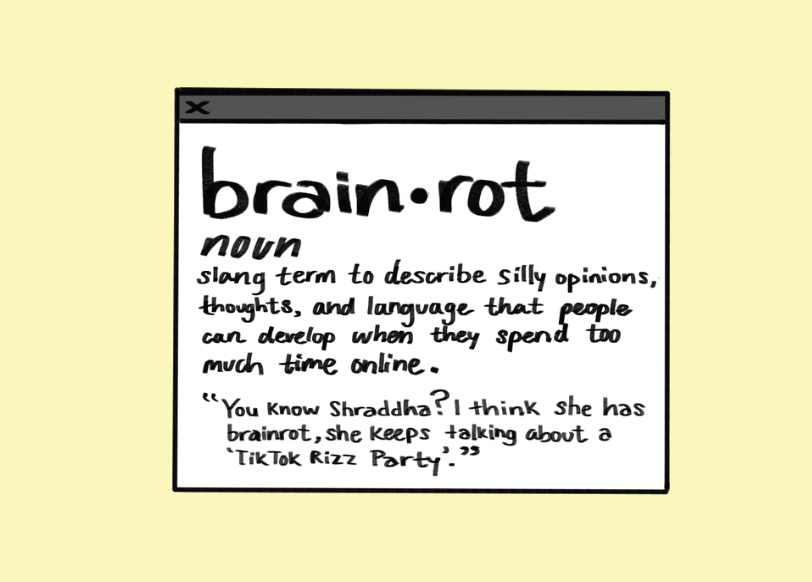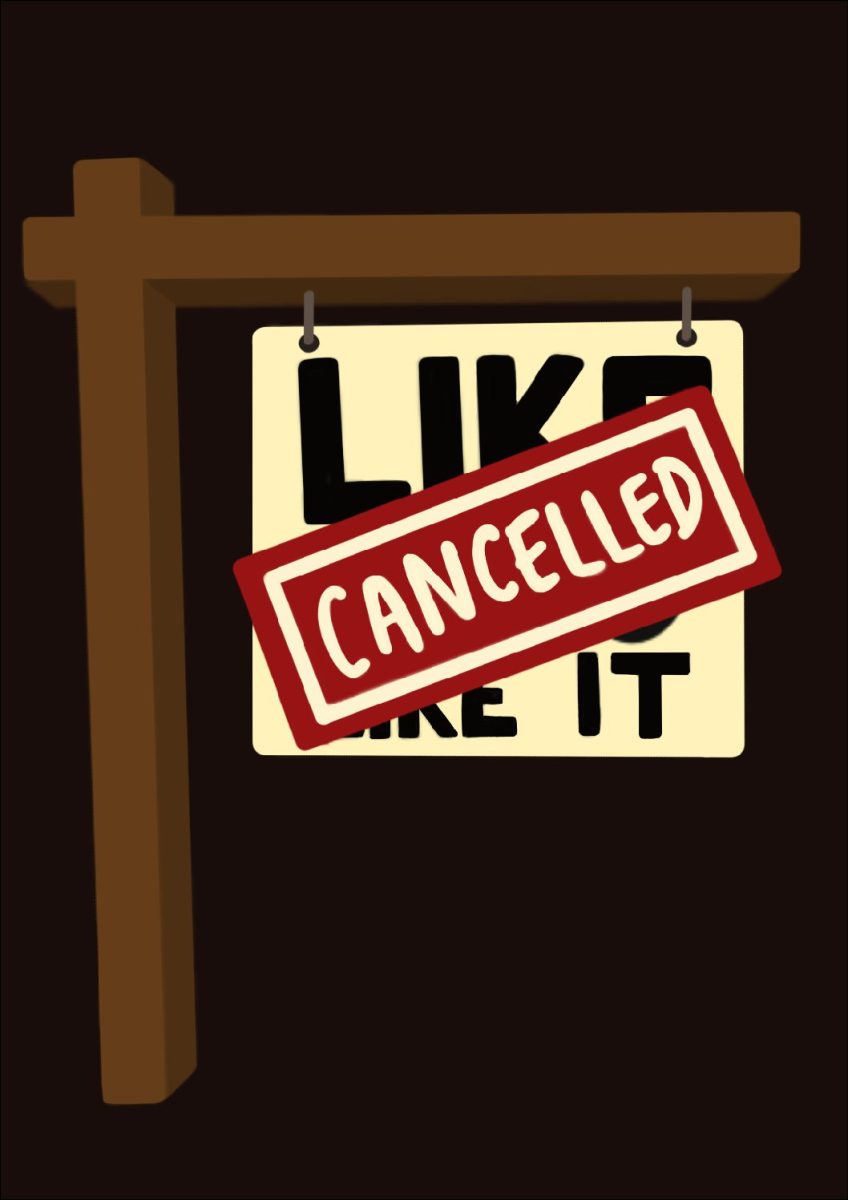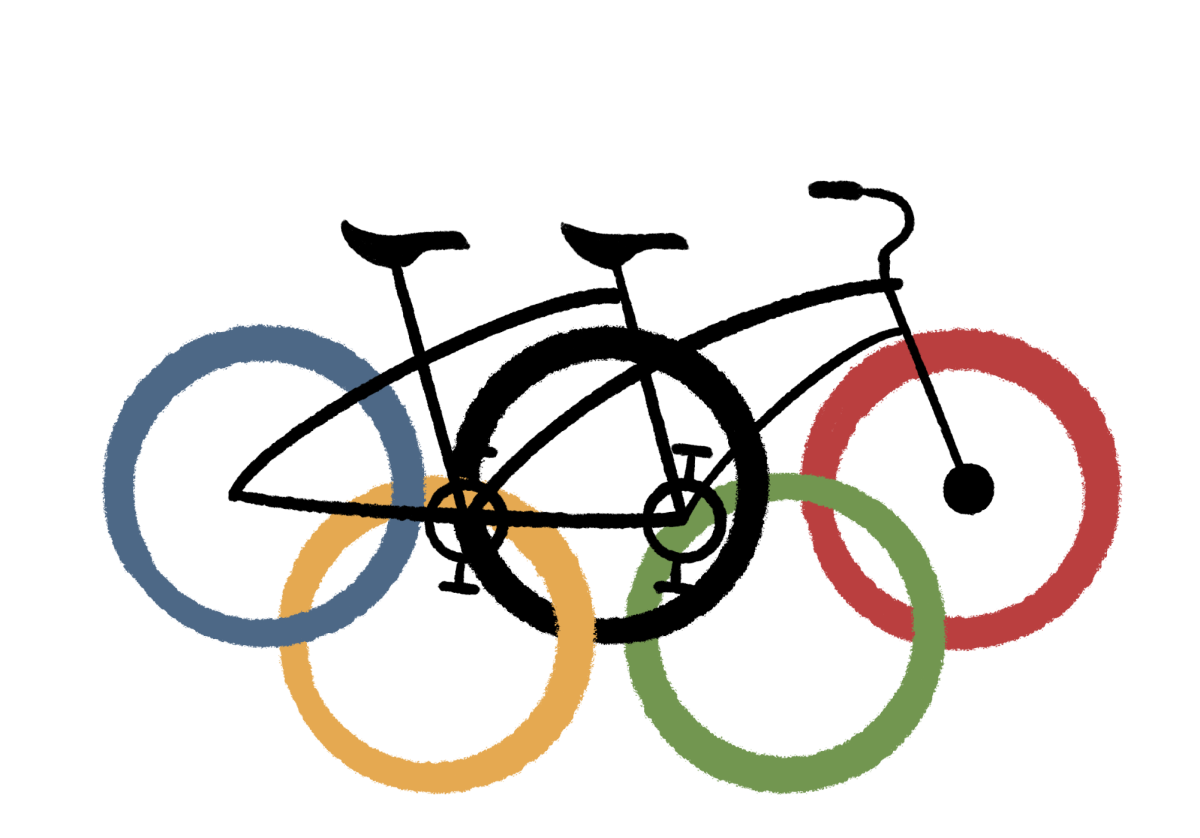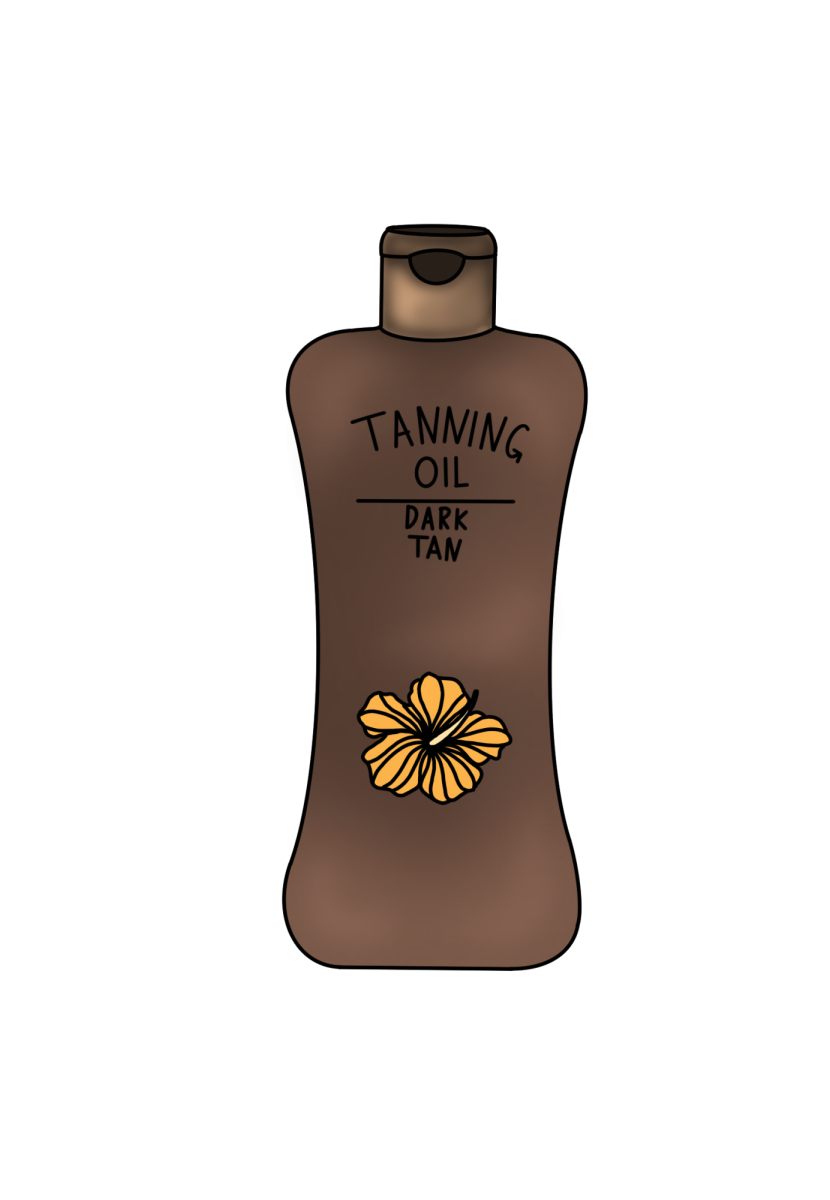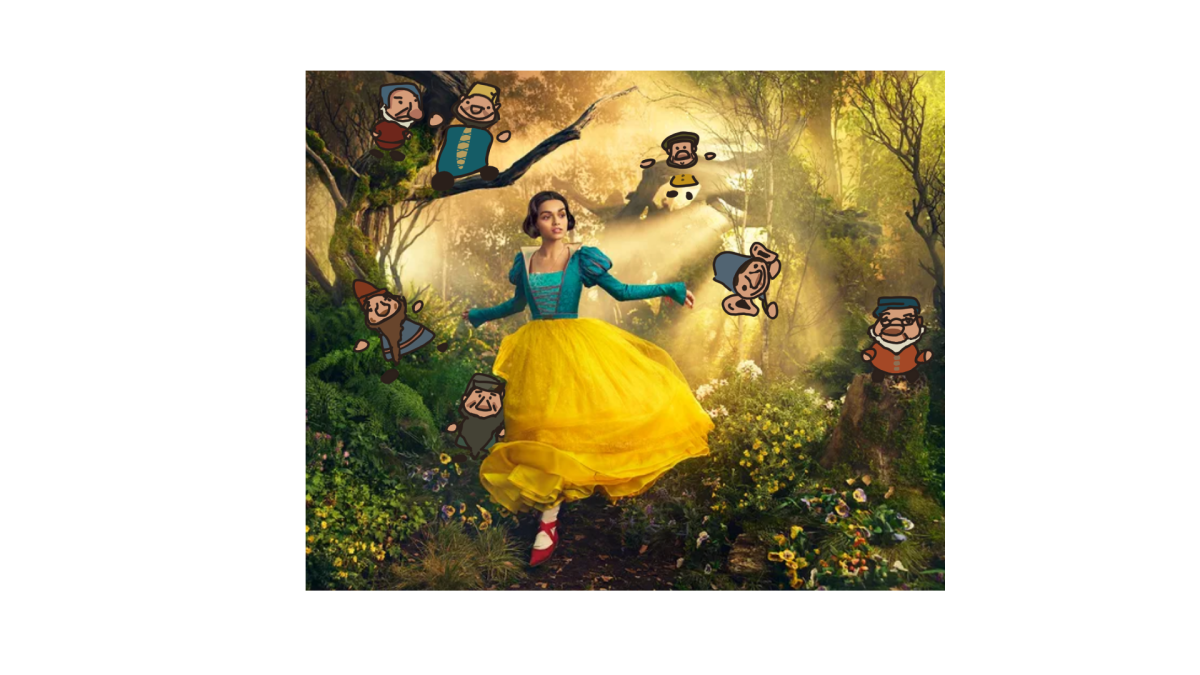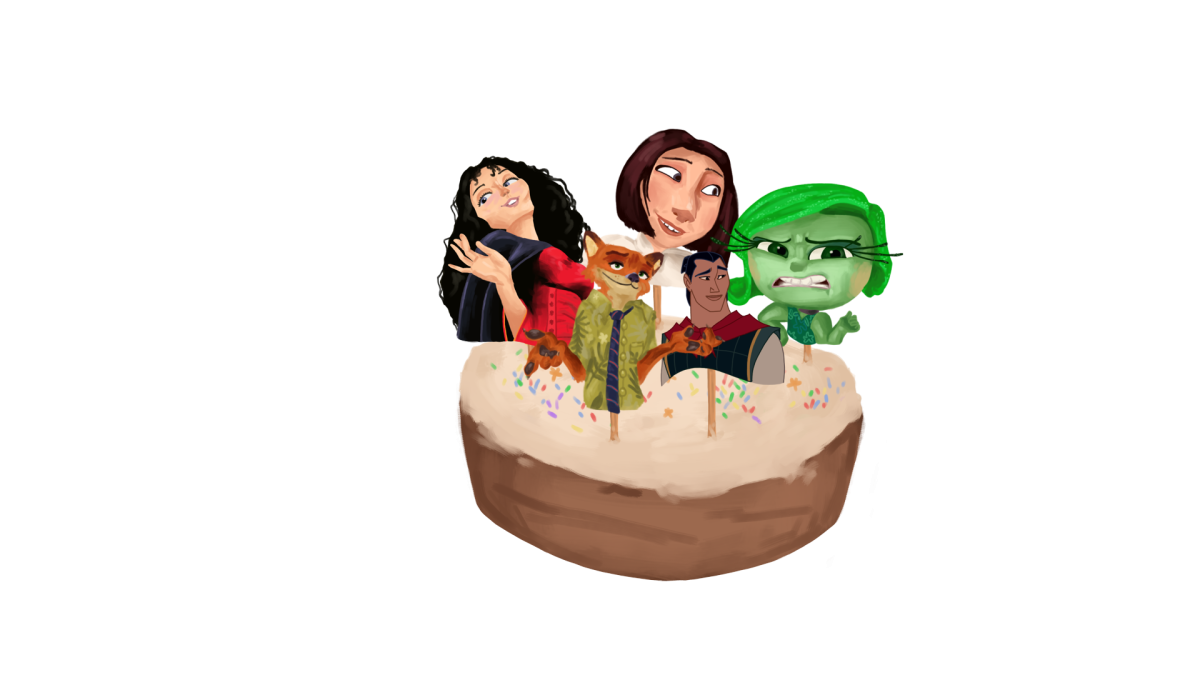While sensitivity has always been recognized as a human trait associated with emotions and awareness, its connotations have since shifted over time. From the development of technology to the ever-changing political climate, nothing can ever be set in stone, let alone this concept of sensitivity. Amidst these changes arises the question: have people become too sensitive?
Sensitive, once a word that was used to describe an empathetic and compassionate person, has transformed in recent years. The contemporary definition seems more nuanced with the word even being used as an insult in certain situations. But one cannot discuss the evolution of sensitivity without also delving into the heart of the generation gap.
So, what really is this generation gap? The generation gap is the natural difference in attitudes, beliefs and even behaviors that arise between people of different generations due to differences in life experiences and historical context.
Looking at the differences between people born in the 20th century versus the 21st century, the most obvious one would be the advancement of technology. People born in the 1900s grew up in a world of communication with little to no interaction with the internet. Instead, the most common choice of communication was face-to-face interactions, allowing for a personal connection that digital communication simply lacks. Talking to someone often requires patience and interpersonal skills, but in the digital age of today, people have become more accustomed to a rapid and efficient form of communication, often struggling to engage in a simple five-minute conversation. Take, for instance, a conversation between an older individual and a younger one. The older individual may perceive the other person as insensitive and disrespectful due to the brief nature of the conversation. While the younger individual may perceive the other person as long-winded and a waste of time. Sensitivity in this context requires not only understanding and adapting to different communication preferences but also recognizing that our messages can come off in different ways to different people, especially in our increasingly interconnected and diverse society.
During the 20th century, people also experienced the devastation of two world wars. These global events had major rippling effects that would carry through many generations to come. One such effect was the shift in how sensitivity was perceived. At the time, sensitivity was viewed as a form of vulnerability, and especially in a time where resilience and toughness were placed above all, it was seen as a weakness. This effect remains prevalent today in forms like toxic masculinity.
So, when asked if people have become too sensitive, one could argue no, not at all. While we should be more sensitive as people—especially on the communication front—the important thing to emphasize here is our definition of sensitivity. A once multifaceted word with such positive connotations of having both wit and understanding has since been watered down into a word used to describe a person who is easily offended. The definition we have is not only outdated but frankly counterproductive. Addressing someone’s hurtful comments about sensitive issues like race should not result in them being insulted or put down. In a society where we are frequently disconnected from the profound experiences and suffering of others, a little more sensitivity can go a long way. By understanding where our definitions of sensitivity come from we can then grow from it and reshape it to empower us and challenge societal norms. Breaking free from outdated beliefs allows us to create a culture that values and encourages emotional intelligence, empathy, and kindness, in turn fostering a more compassionate and understanding world.


